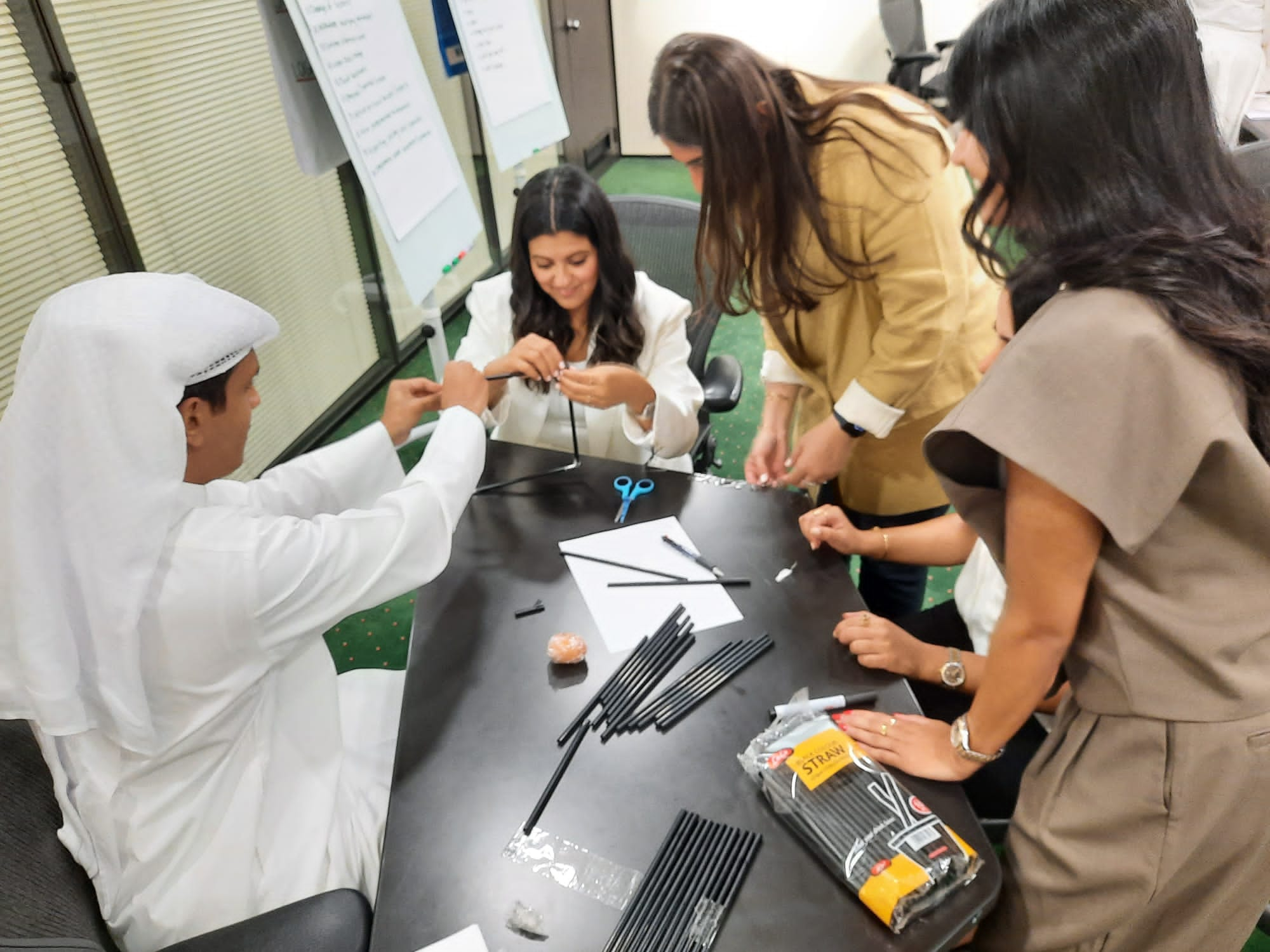From Unconscious Bias To Conscious Inclusion
For Organisations Only
In-House Training
- Face-to-face (Half or full day for <15 people)
- Live Virtual (3hrs for <15 people)
- Conferences and events (<500 people)
- Webinar (1hr for <1000 people)
- With or without actors
- Fully customisable
From Unconscious Bias to Conscious Inclusion – 2 Days
What impact does unconscious bias have on our day-to-day interactions? Many studies show organisations are losing or missing out on great talent because of bias. Simply raising awareness is not enough to drive meaningful change, so with this course we take participants beyond unconscious bias awareness, to move towards being consciously inclusive.
Through eye-opening case studies, and the option to include drama on live virtual programmes, this course is designed to equip participants with practical knowledge and confidence to guard against unconscious bias, recognise how it may show up in their day to day, and commit to meaningful actions to being consciously inclusive.
Course Content
Our own journeys
We begin with an activity to demonstrate how we draw on our lived experiences, assumptions and stereotypes when making everyday decisions, before exploring how this plays out in our day-to-day interactions. Working in small groups, we reflect on personal experiences of being advantaged and disadvantaged by bias, and the impact this can have on us and those around us.
Shining a light on unconscious bias
We will look at two systems of thinking and give examples of how, if unchallenged, unconscious bias can lead to unfair decision-making in relationship building and general workplace interactions. This can be enhanced by bringing unconscious bias to life through a powerful scenario enacted by professional actors, or through a hard-hitting video.
My worldview
Thinking about the people we spend most of our time with at work, participants consider whether our daily interactions include diverse opinions and perspectives on what is happening within our workplace. Through a reflective activity, participants will be guided to understand practical ways to expand their understanding and engage with a wider range of perspectives and opinions.
Micro-behaviours and their impact
We define micro behaviours, subconscious gestures of exclusion, and how they influence our interactions. Working in groups, we reflect on several micro behaviours and whether the groups have done or experienced any of these in the past. We reflect on the impact these negative behaviours have on the person on the receiving end and explore micro affirmations with an activity designed to leave delegates with positive and practical ways to challenge negative micro-behaviours.
Defining conscious inclusion
Finally, participants consider what conscious inclusion might look like within their teams – what behaviours will they be seeing? What would they be hearing? What are the benefits to us all working in a consciously inclusive environment? We share five stages of conscious inclusion, with practical tips on how to put inclusion front-of-mind and how to be an active player in shaping the workplace environment.
Let's get started...
Contact us with your availability for a call and we will send you a proposal, programme outline and quotation for your learning and development project.
Use Actors in Your Training
Through clever script writing, goose-bump inducing delivery and professional facilitation we can bring so much to life. We stimulate emotion, penetrate the long-term memory and create lasting change.
When we use live drama, we are able to have the actors play out the scenario and then be hot seated for the audience to ask them questions whilst they remain in character. Hot seating works so well because actors work with a pre-rehearsed backstory, so they are able to respond in character. They progressively reveal unexpected elements of their story that will not have previously been told. It can bust assumptions that the audience might have made based on the scenario (situation) but not fully understanding the impact at first sight.
Using actors in this programme enables us to bring to:
- See a typical situation from a different perspective
- Give attendees a chance to challenge the actors whilst they are still in character
- Demonstrate that things aren’t always what they seem at first glance
- Provide delegates with an opportunity to test out alternative ways of approaching different situations
- Create an experience which stays in the long-term memory
Case Study

Kuwait Fund for Arab Economic Development
Upskilling engineering, architectural and bio-medical graduates“I want to take the chance to thank you again for this wonderful course, it’s been my absolute pleasure and honour to be trained by you. I honestly learned a lot during this week, I hope we will keep in touch.”
READ CASE STUDY